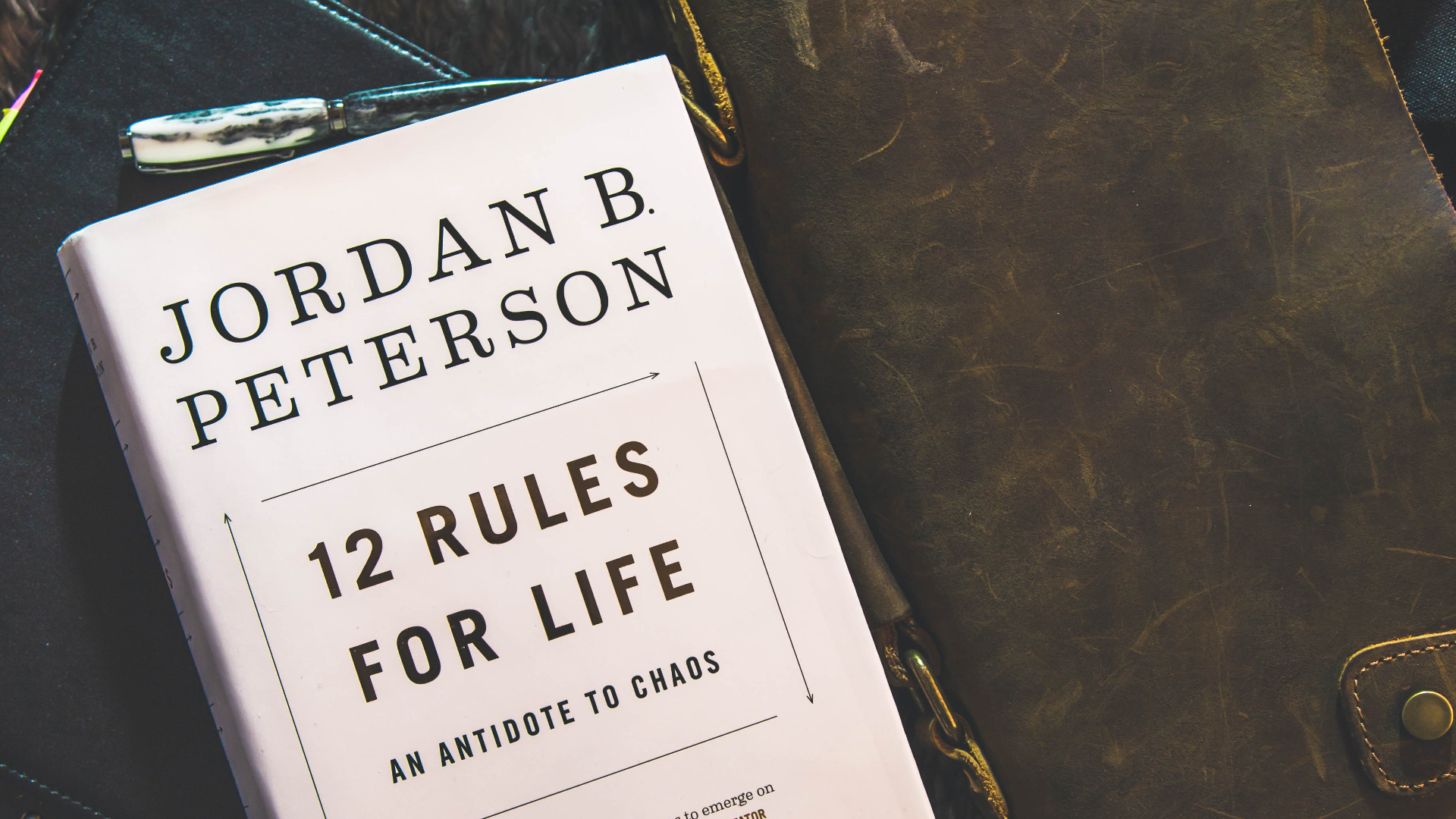In a recent legal development that has ignited debates about the intersection of freedom of expression and professional obligations, former University of Toronto professor Jordan Peterson’s court appeal has been denied.
The case has brought to the forefront the delicate balance between an individual’s right to express their views and the responsibility of professional regulatory bodies to ensure ethical conduct within their field. However, in this case, there may be a twist against the liberty of Canadian licensed professionals such as Dr. Peterson.
Jordan Peterson, a clinical psychologist with a background in academia, is world-renowned for his professional content and outspoken conservative and anti-Trudeau political views. Dr. Peterson sought judicial review of a decision handed down by the Inquiries, Complaints, and Reports Committee (ICRC) of the College of Psychologists of Ontario.
The decision, dated November 22, 2022, required Peterson, a registered member of the College practicing clinical psychology, to undergo a specific continuing education or remedial program (SCERP) focused on enhancing professionalism in public statements.
The ICRC’s decision was the result of an investigation into language used by Dr. Peterson in public statements earlier that year. The committee expressed concerns that certain comments made by Peterson were “degrading, demeaning, and unprofessional” and contended that some of his language could be seen as “disgraceful to the profession.” Furthermore, the ICRC stated that certain speech carried “risks of harm to the public,” including the potential erosion of trust in the psychology profession and questions about Peterson’s integrity as a registered psychologist.
In the case that unfolded, specific complaints centered around posts directed at an Ottawa city councilor, a plus-sized Sports Illustrated model, and transgender actor Elliot Page. Critics argue that Dr. Peterson’s outspoken conservative and anti-Trudeau viewpoints played a significant role in this decision and were the focal point behind the entire investigation initially.
Despite Dr. Peterson’s assertion that he was taking personal steps to address the ICRC’s concerns, the committee’s decision mandated his participation in a coaching program designed to adjust his public commentary with standards inspired by the Liberal Party of Canada style political correctness. The decision also went on to warn that failure to complete the program could result in charges of misconduct that could lead to the suspension and removal of Dr. Peterson’s license.
The court’s decision to reject Dr. Peterson’s appeal rested on several factors. The judge opined that the ICRC’s decision had adequately and reasonably considered Dr. Peterson’s statement within the context of the College’s statutory mandate to regulate the profession in the public interest.
The judge argued that the decision successfully balanced the potential impact of imposing a SCERP on Peterson’s freedom of expression, a right once thought to be protected under Section 2(b) of the Canadian Charter of Rights and Freedoms. However, that has once again been put to question in the public domain, given recent events such as this case.
Christine Van Geyn, Canadian Constitution Foundation (CCF) Litigation Director, voiced her concerns about the implications of the court’s decision, stating, “We are disappointed in this result, which we think could have a chilling effect on people in the other regulated professions, like doctor, lawyers, teachers, and accountants.” Her remarks echo the worry that decisions like this might set a precedent that could contribute to the stifling freedom of expression, specifically among professionals.
This court ruling unequivocally underscores the violation of the principle of free expression. While regulatory bodies do play a crucial role in maintaining standards and ensuring the public interests, the extent to which they can regulate professionals’ expression must be pegged back. This case highlights the pressing need for an upgrade to Canada’s Charter of Rights and Freedoms, particularly in terms of strengthening free speech rights for Canadians.
The balance between individual rights and collective responsibilities must be recalibrated to ensure that free expression remains robustly protected, regardless of the political culture of the day.
Dr. Peterson speaks on this situation in a 38-minute video discussion with his daughter, Mikhaila Peterson.
Are you a student interested in getting involved in pro-liberty activism? By applying to join Students For Liberty’s Local Coordinator Program, you can be supported in promoting the ideas of liberty while also developing your skills and meeting many like-minded students from across the world. Click on the button below to find out more and get involved!
Are you looking for an opportunity to gain new insights about the ideas of liberty and network with like-minded individuals? Students For Liberty’s upcoming LibertyCon International, held in Washington, D.C., on February 2-4, 2024, is an event you won’t want to miss!
LibertyCon International offers an opportunity to engage with top experts, scholars, and entrepreneurs from a variety of fields while providing a platform for attendees to connect with others who are dedicated to advancing pro-liberty ideas and creating a freer future.
Click the button below to sign up for updates and secure your spot at this exciting event. We can’t wait to see you there!
This piece solely expresses the opinion of the author and not necessarily the organization as a whole. Students For Liberty is committed to facilitating a broad dialogue for liberty, representing a variety of opinions.



